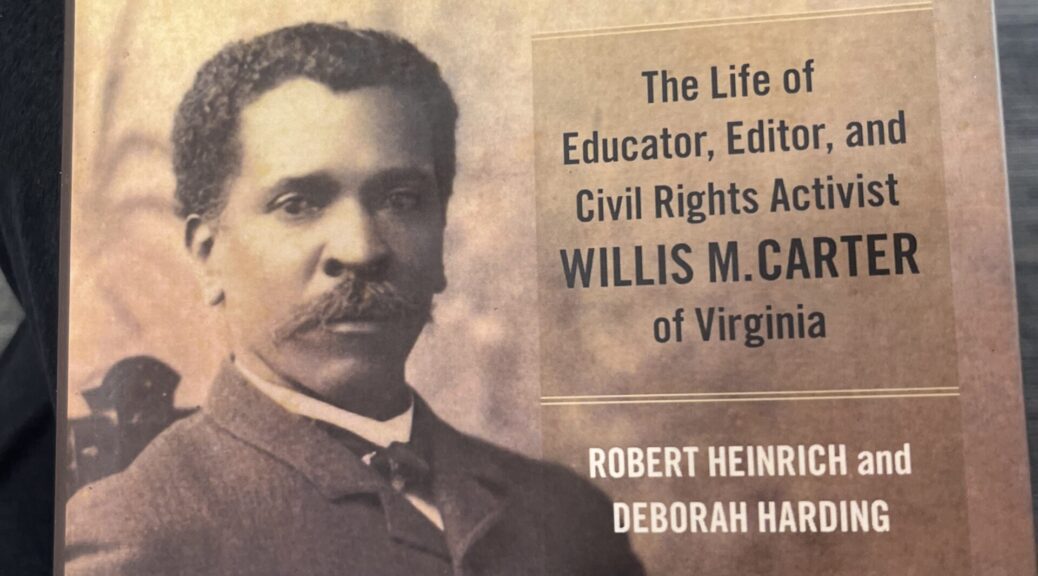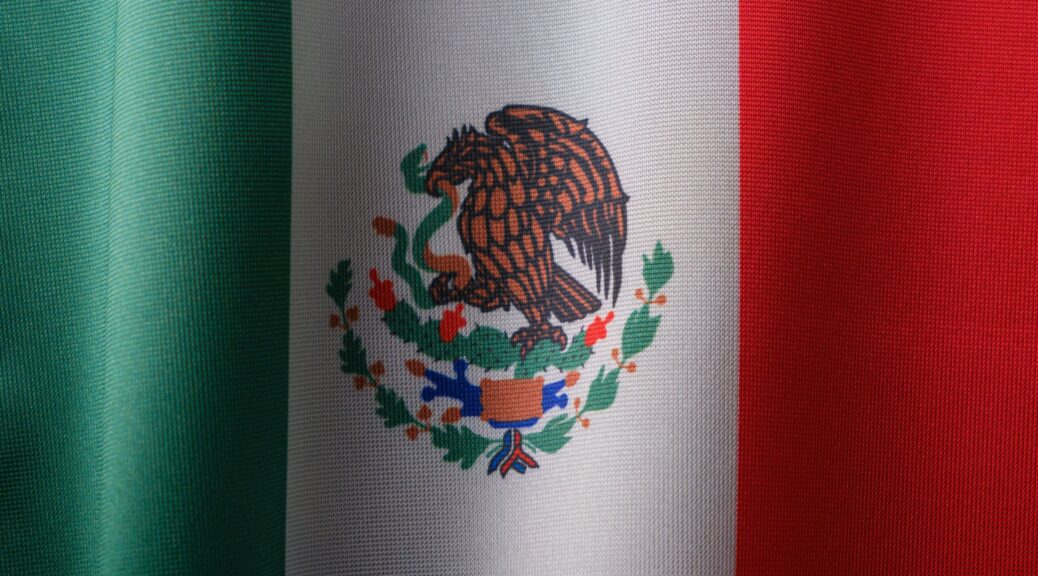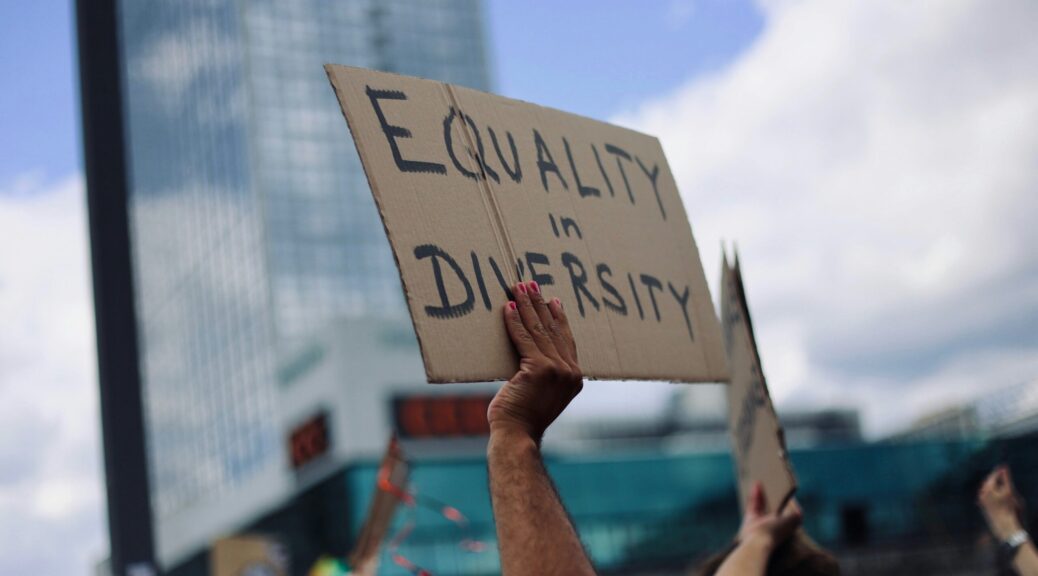What to Know About Religious Beliefs in the Classroom
This article was originally published by Freedom Forum
Among 2025’s marquee U.S. Supreme Court cases was Mahmoud v. Taylor, in which a group of Maryland parents claimed a First Amendment right to opt their children out of certain LGBTQ+-inclusive readings in local public school classrooms. The parents argued that mandatory exposure to the books’ themes, which contradicted their religious beliefs, undermined their First Amendment right to direct their children’s religious upbringing. The court ultimately ruled in favor of the parents, saying that the schools’ lack of an opt-out option interfered with the parents’ right to the free exercise of religion.
While the case did not deal with the teaching of science, it has much in common with a long history of parents’ concerns about public school science curricula and health classes that conflict with their religious beliefs.
This article explores these teachings that may conflict with religious beliefs and how the First Amendment comes into play. It also discusses key court cases on this issue.
Continue reading Faith, Science and the First Amendment – by Richard Foltin







